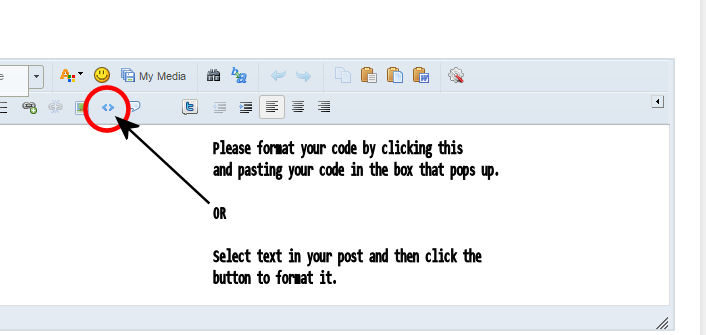1 --menu.lua
2
3local composer = require(“composer”)
4
5 local scene = composer.newScene()
6
7 local function gotoGame()
8 end
9
10 local function gotoHighScores()
11 composer.gotoScene(“highscores”)
12 end
13
14 function scene:create(event)
15–> local sceneGroup = self.view
local background = display.newImageRect(sceneGroup, “assets/background.jpg”, 800, 1400)
background.x = display.contentCenterX
background.y = display.contentCenterY
local title = display.newImageRect(sceneGroup, “play.png”, 500, 80)
title.x = display.contentCenterX
title.y = 200
local text = display.newText(scenegroup, “logo.jpg” )
local gameText = display.newText(group, “Play”, display.contentCenterX, 700, nill, 44)
local highScoreText = display.newImageText(sceneGroup, “Highscore”, display.contentCenterX, 810, nil,44)
gameText:addEventListener(“tap”, gotoGame)
highScoreText:addEventListener(“tap”, gotoHighScores)
end
local composer = require( “composer” )
local scene = composer.newScene()
– All code outside of the listener functions will only be executed ONCE
– unless “composer.removeScene()” is called.
– local forward references should go here
– “scene:create()”
function scene:create( event )
local sceneGroup = self.view
– Initialize the scene here.
– Example: add display objects to “sceneGroup”, add touch listeners, etc.
end
– “scene:show()”
function scene:show( event )
local sceneGroup = self.view
local phase = event.phase
if ( phase == “will” ) then
– Called when the scene is still off screen (but is about to come on screen).
elseif ( phase == “did” ) then
– Called when the scene is now on screen.
– Insert code here to make the scene come alive.
– Example: start timers, begin animation, play audio, etc.
end
end
– “scene:hide()”
function scene:hide( event )
local sceneGroup = self.view
local phase = event.phase
if ( phase == “will” ) then
– Called when the scene is on screen (but is about to go off screen).
– Insert code here to “pause” the scene.
– Example: stop timers, stop animation, stop audio, etc.
elseif ( phase == “did” ) then
– Called immediately after scene goes off screen.
end
end
– “scene:destroy()”
function scene:destroy( event )
local sceneGroup = self.view
– Called prior to the removal of scene’s view (“sceneGroup”).
– Insert code here to clean up the scene.
– Example: remove display objects, save state, etc.
end
– Listener setup
scene:addEventListener( “create”, scene )
scene:addEventListener( “show”, scene )
scene:addEventListener( “hide”, scene )
scene:addEventListener( “destroy”, scene )

